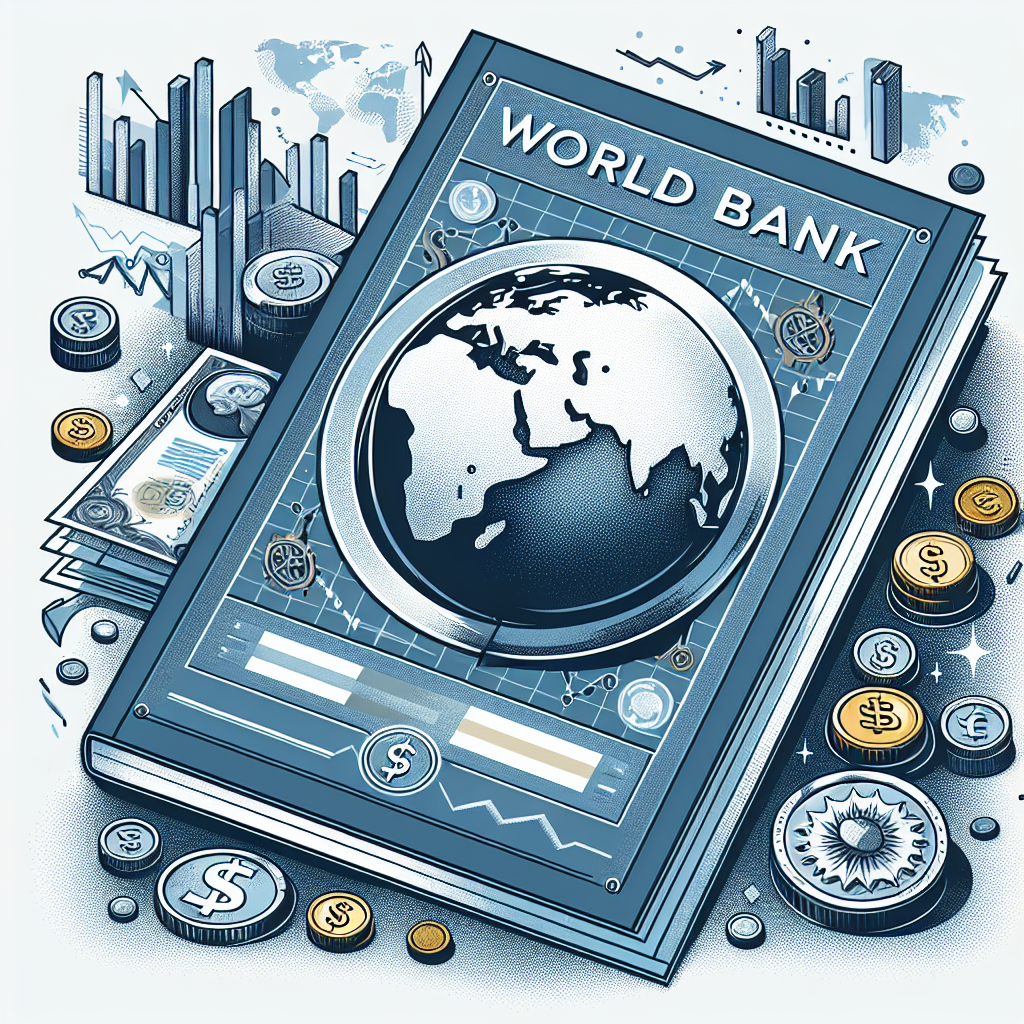Sweden and Iceland have joined a group of World Bank Group shareholders investing in hybrid capital, an innovative financial instrument aimed at enhancing the Bank’s capacity to address global development challenges. With commitments now totalling over $11.7 billion, the contributions from these 15 shareholder countries could enable the Bank to leverage an additional $72.5 billion for development projects over the next decade, significantly expanding resources for critical global needs.
Hybrid capital is a financial tool that allows for increased leverage, thereby amplifying the impact of each dollar invested by World Bank shareholders. Managing Director and World Bank Group Chief Financial Officer Anshula Kant noted that this infusion of capital supports projects focused on pressing issues such as healthcare, job creation, and sustainable development. “It is through the generosity of our shareholders that we can invest in projects that drive development impact and address the most pressing global challenges,” Kant said, emphasizing the essential role shareholder contributions play in enabling the Bank to achieve transformative outcomes.
Sweden’s Finance Minister Elisabeth Svantesson expressed enthusiasm for her country's investment, highlighting the high-leverage capacity of hybrid capital. “This new instrument allows us shareholders to efficiently boost IBRD’s [International Bank for Reconstruction and Development] financing capacity,” she said, underscoring Sweden’s long-standing commitment to innovative development financing.
Iceland’s Foreign Affairs Minister Thordis Kolbrun Reykfjord Gylfadottir similarly affirmed Iceland’s dedication to the World Bank’s mission, pointing to the importance of innovative financial mechanisms to meet partner countries' increasing needs. “The World Bank is the world’s premier development institution and a priority partner in Iceland’s development cooperation,” Gylfadottir said, commending the Bank's financial innovations as essential for expanding its support for sustainable growth.
In addition to hybrid capital, shareholders are also backing a Portfolio Guarantee Platform, which will act as a buffer to protect against credit risks in specific projects, further enabling the Bank to diversify and increase its lending capabilities. Together, the hybrid capital and guarantee mechanisms are projected to generate greater financing for projects across healthcare, education, environmental sustainability, and job creation, aligning with the World Bank's focus on building resilience and addressing global disparities in access to essential services.
With the combined $11.7 billion invested in these financial products, the World Bank Group stands poised to address complex and evolving global challenges more robustly, thanks to a financial model built on partnership and innovation.











